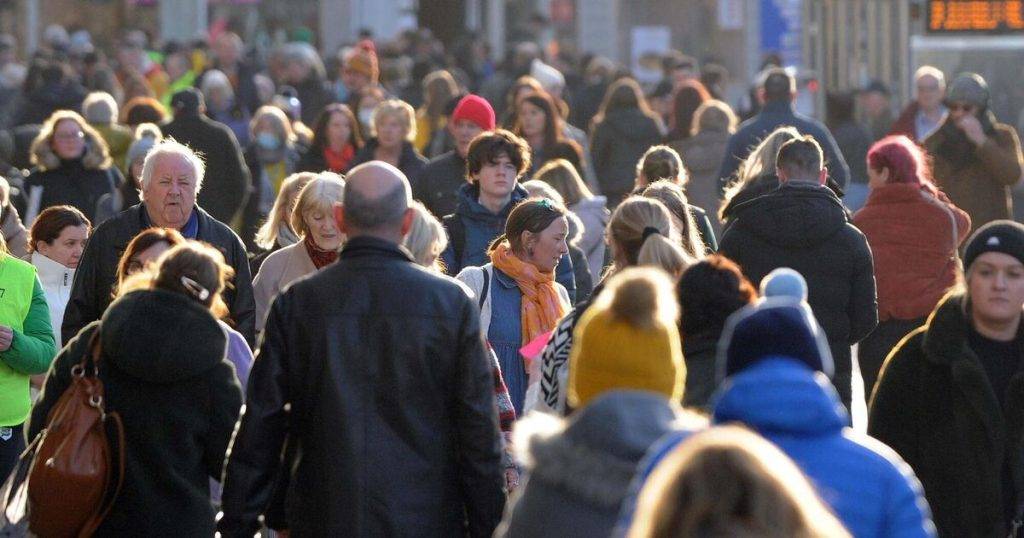Irish consumers see small improvements in their finances but worry pain may be on the way
Irish consumers reported a slight rise in confidence as easing concerns over the cost of goods and inflation were met with fears over the impact US economic policy changes might have.
The monthly survey of Irish households suggests a clear easing in cost-of-living concerns, but ‘macro’ nervousness has increased notably in the past two months, particularly in relation to job prospects.
The Credit Union Consumer Sentiment Survey shows an index reading of 74.9 for January, marginally up on the 73.9 reading for December. The index remained below 80.0 since February 2022, after which Russia invaded Ukraine and set off a surge in energy and food prices, triggering a cost of living crisis globally.
There is a strong tendency for January readings to be notably stronger than the preceding December figures and any fallback in February would suggest that nervousness from Irish households has become entrenched.
The January sentiment reading remains well below the long-term series average, suggesting Irish consumers are very conscious that another substantial risk may just be unfolding
David Malone, CEO of the Irish League of Credit Unions said: “It is positive that the January Sentiment Survey hints that consumers’ concerns about the cost-of-living crisis are easing somewhat although a pullback in spending plans suggests caution still dominates consumer thinking. Whether their spending or savings plans are big or small, Irish consumers can rely on their local credit union for support.”
Three of the five main elements of the survey were weaker than December and two recorded stronger readings. Irish consumer thinking on the general economic outlook and on the outlook for jobs in particular weakened compared to December.
Mixed outlook
Analysing the results, economist Austin Hughes said a range of reports and data, including buoyant Exchequer returns painted a picture of positive economic momentum at the turn of the year. However, there was considerable media coverage emphasising major threats to the Irish economy that might crystallise in 2025, most of which centred on the risk of sharp and sudden changes in US policymaking.
“Interestingly, the January sentiment survey saw Irish consumers downgrade the outlook for jobs substantially more than the general economic outlook,” he said.
However, January saw a significant improvement in consumer thinking both in relation to how their household finances had evolved over the past 12 months and how they may develop in the year ahead.
The survey period saw marginal increases in motor fuel and heating oil but also saw cuts in mortgage rates and strong indications from ECB officials of further interest rate cuts to come. January also saw the arrival of the increases in social welfare rates and tax credits announced in the Budget as well as the payment of the second instalment of the energy credit. With inflation markedly lower than a year ago, the survey may be capturing a still tentative sense that incomes are now rising at a faster pace than outgoings for many households.
The index improvement in January is in contrast to similar surveys in the UK and US. The UK consumer confidence index saw a sharp fall to its lowest level in 14 months. The drop was led by a marked downgrade of thinking on the UK economy. US consumers were less negative about their household finances but more negative about the economy.
Irish consumers see small improvements in their finances but worry pain may be on the way
https://www.irishexaminer.com/business/economy/arid-41561695.html


